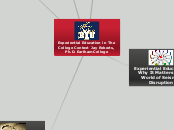
Experiential Education in The College Context
Jay Roberts, Ph.D.
Earlham College
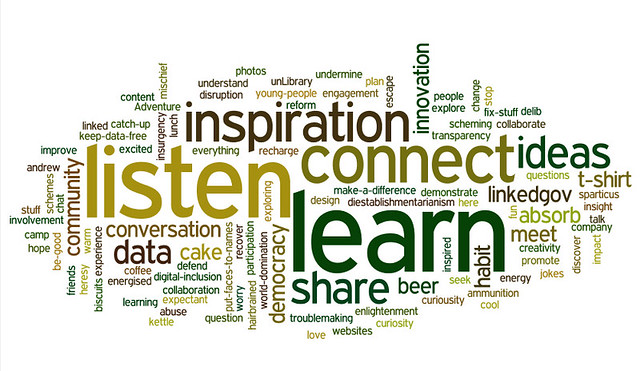
Introductions and Overview
Introductions
Overview
Why Experiential Education and Why Now?
Definitions
Methodologies of Experiential Education
Discussion
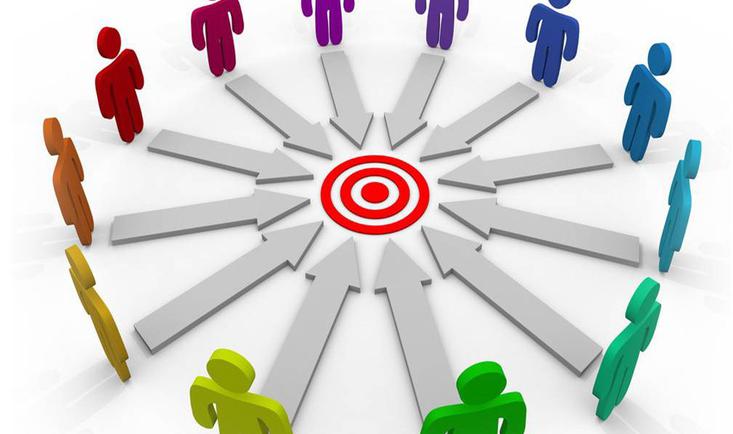
Experiential Education: Why It Matters in a World of Seismic Disruption

Christchurch Earthquake




1. Pedagogical Disruptors
Instruction vs Learning


Barr and Tagg

High Impact Learning Practices (AAC&U, 2008)
Learning communities
Collaborative assignments and projects
Service learning, community based learning
Undergraduate research
Internships and project-based learning
Diversity/global learning
Immersion experiences

Gallup Poll "Big 6"
1. A professor who excited me about learning
2. Professors who cared about me as a person
3. A mentor who helped me pursue my goals and dreams
4. Work on a project that took a semester or more to complete
5. Internship or job that allowed me to apply my learning
6. Extremely active in extracurricular activities and organizations
3% agreed to all 6.

2. Technological Disruptors

The World Wide Web
1993 All web pages could fit on 1 8X12 page
End of that same year. 10,000 web pages
Data->Information->Knowledge->Wisdom

MOOC's!

8,600 in 2008
122,000 in 2018

The University of Nowhere
‘Place-based colleges’ are good for parties, but are becoming less crucial for learning thanks to the Internet, said the Microsoft founder Bill Gates at a conference on Friday.
Five years from now on the Web for free you’ll be able to find the best lectures in the world. It will be better than any single university,” he argued at the Techonomy conference in Lake Tahoe, Calif. “College, except for the parties, needs to be less place-based.”
from: http://chronicle.com/blogs/wiredcampus/bill-gates-predicts-technology-will-make-place-based-colleges-less-important-in-5-years/26092
Facebook Story: if someone from the 1950's suddenly appeared, what would be the most difficult thing to explain to them about life today?
I possess a device, in my pocket, that is capable of accessing the entirety of information known to humankind.
And I use it to look at funny videos of cats

3. Epistemological Disruptors

Neuroscience of Learning
Emotion
Patterns
Reflection
Social
Metacognition
Misconceptions
Unpredictability
American Academy for the Advancement of Science:
“As biology faculty, we need to put the “depth versus breadth” debate behind us. It is true today, and will be even more so in the future, that faculty cannot pack everything known in the life sciences into one or two survey courses. The advances and breakthroughs in the understanding of living systems cannot be covered in a classroom or a textbook. They cannot even be covered in the curriculum of life sciences majors.
The time has come for all biology faculty, but particularly those of us who teach undergraduates, to change the way we think about teaching..." (2009)
Wicked Problems
Unscripted
Contested and Complex
Dispersed responsibility and power
High potential for unforeseen consequences
Uncertain, unclear data
Time stress
Generation "Z"

Ages 5-18
"Liberal Arts"
"Likes"
Hands-on learning
Real world experience
Professional opportunity
Small class sizes
Personal connections
More efficient, more inexpensive, more career aligned

Disrupting Ourselves
"By using the phrase “disrupting ourselves” ... I am asserting that one key source of disruption in higher education is coming not from the outside but from our own practices, from the growing body of experiential modes of learning, moving from margin to center, and proving to be critical and powerful in the overall quality and meaning of the undergraduate experience. As a result, at colleges and universities we are running headlong into our own structures, into the way we do business." (Bass, 2012)
"These pressures are disruptive because to this point we have funded and structured our institutions as if the formal curriculum were the center of learning, whereas we have supported the experiential co-curriculum (and a handful of anomalous courses, such as first-year seminars) largely on the margins, even as they often serve as the poster children for the institutions’ sense of mission, values, and brand. All of us in higher education need to ask ourselves: Can we continue to operate on the assumption that the formal curriculum is the center of the undergraduate experience?" (Bass, 2012)
Discussion

Contact Information:
Jay Roberts
roberja@earlham.edu
Twitter: JayWRoberts
Website:JayWRoberts.com
4 Core Methodologies
Active Learning
Community-Based Learning
Integrative Learning
Problem-Based Learning
Team Magic Bus

Defining Experiential Education
What is Experiential Education?

Misconceptions
Experiential education has to be outside the classroom
Experiential education involves being active with your body in some way
Experiential education is only applicable in applied fields
Experiential education is just learning by doing
You can't lecture in experiential education
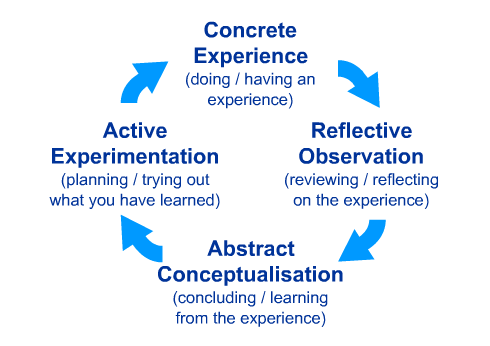
The Experiential Learning Cycle
Experiential education is a philosophy that informs many methodologies in which educators purposefully engage with learners in direct experience and focused reflection.
Key Principles
1. UNSCRIPTED
The educator and learner may experience success, failure, adventure, risk-taking and uncertainty, because the outcomes of experience cannot totally be predicted.
2. STUDENT CENTERED
Throughout the educational process, the learner is actively engaged in posing questions, investigating, experimenting, being curious, solving problems, assuming responsibility, being creative, and constructing meaning.
3. AUTHENTIC
Experiences are structured to require the learner to take initiative, make decisions, experience natural consequences, and be accountable for results.
4. INTEGRATED
Experiential learning occurs when carefully chosen experiences are supported by reflection, critical analysis and synthesis.
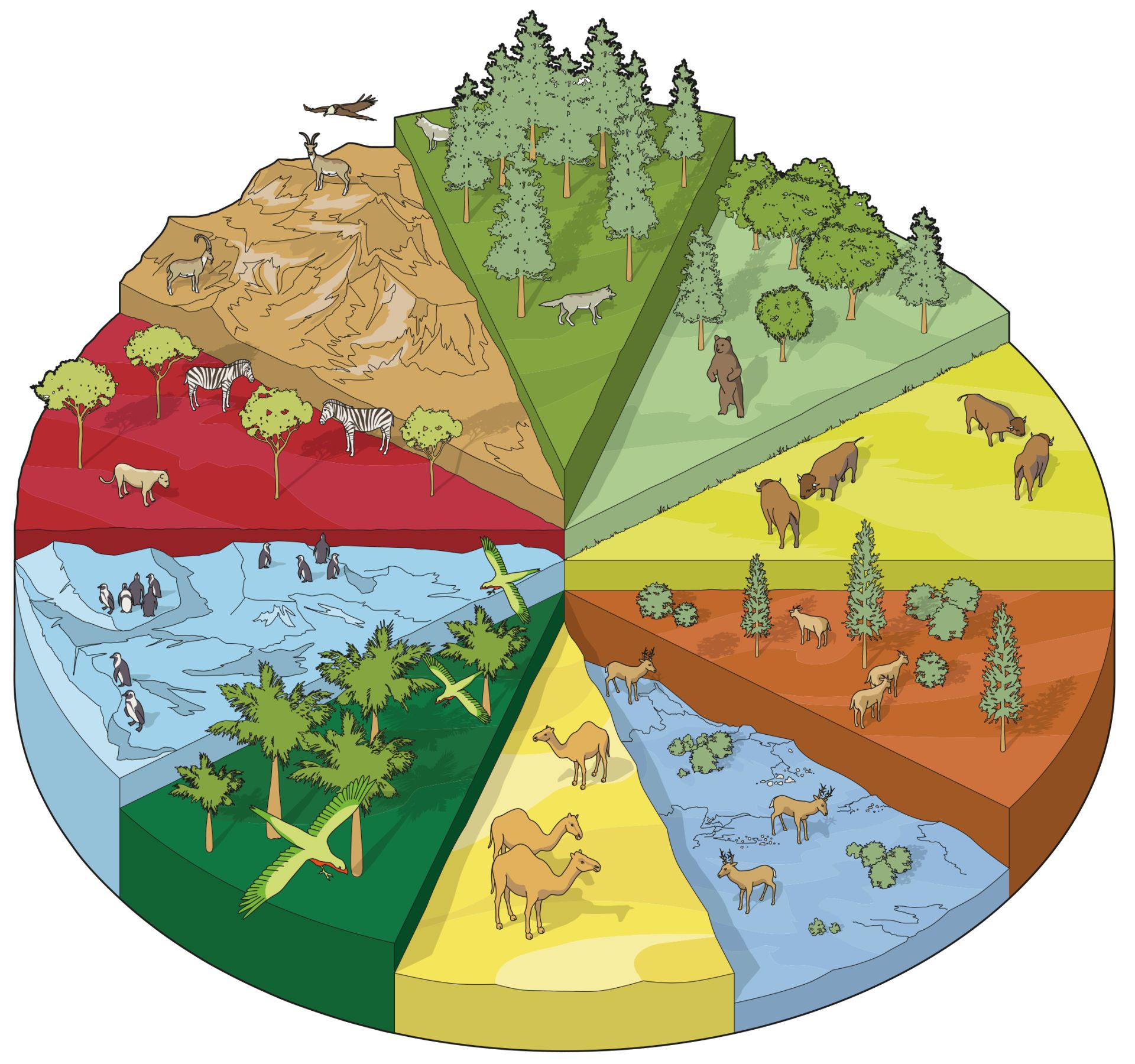
Ecosystem of Experiential Education

The Roots

The Fruits
Service Learning
Active Learning
Problem-Based Learning
Cooperative Learning
Inquiry-Based Learning
Community-Engaged Learning
Work-Integrated Learning
Game-Based Learning
Place-Based Learning
